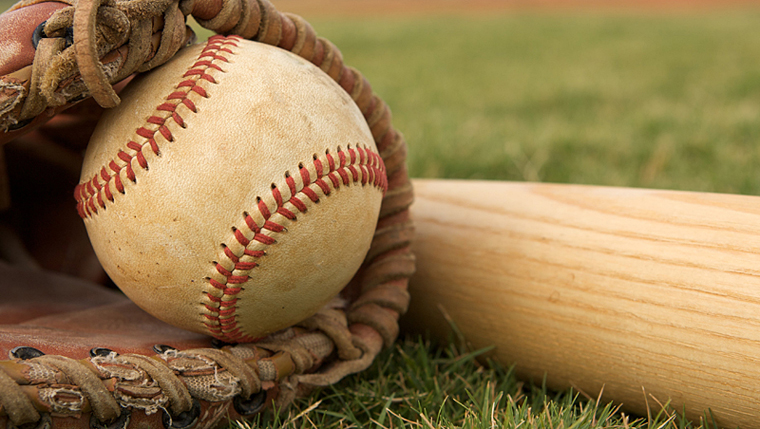
While walking with my friend Stanley a few months ago, I happened upon an orphaned hardball in the gutter. It’s been 45 years since I held a hardball, sensed the stitches snaking around the leathery surface and grasped its perfect hand-held size.
I tossed the ball to Stanley. “When’s the last time you played catch?” He caught it in his right hand. “I still have my mitt,” he replied and tossed the hardball back. “Answer the question,” I pursued, tossing underhand to him. “You want to play catch? Fine, I’ll find my mitt. Can you find yours?” “Sorry, gone long ago,” I confessed. “I have two,” he nodded, “I’ll find them.” We walked on.
Two weeks later, walking again, Stanley announced that he had found the mitts. “They need oil,” he proclaimed. I began to sense that behind his businesslike exterior lurked a baseball nut. “OK, oil. I can oil a mitt,” I offered. “That’s not enough; you have to oil it, put the ball into the pocket and wrap a couple of rubber bands around it.” It was not a statement, it was a command. OK, coach, I thought.
As a boy I was a lousy baseball player. I could hit well, but I was nervous on the field and when it came to covering the bases, I was poor. Back then, good or bad, you played. My father didn’t help much; one year he volunteered to coach my fifth-grade team. He was fired for letting everybody on the team pitch in every game because he thought it was fair. Athletic competition, it seems, runs not in my genes.
One afternoon I spied a cardboard box sitting outside our door. Inside was a mitt, dry and flat and lonely for a ball. “OK, now what?” I asked Stanley when next we spoke. “We oil, we shape, and then when the rain stops, we start spring training.” He left a small bottle of Wilson’s Glovolium oil at my front door a few days later.
“We must have jerseys,” I suggested on the phone, “Sonoma Alter Kakers.” Stanley and I were both raised Jewish, and this struck us both as terribly funny. “Sonoma Alter Kakers it is,” he cackled, “Oil your mitt.” The mitt was dry; no matter how much oil I used, I could not make the leather shine. I noticed that the rawhide holding the web was broken at the edges. “That mitt fielded a lot of grounders,” he pronounced when I told him of the defect, “a lot of balls dug out of infield dirt.” Stanley’s youth was in my hand.
The big day finally arrived, a Tuesday morning in late April. We walked across the street to the vacant lot. The skies were dark, and despite April’s dryness, threatened rain. “The game may be rained out,” I joked. Inside I hoped it might come true. Would I still be lousy? After all these years why would my throwing arm improve? “Take the field. Just throw the ball. Relax.” Stanley was punching his fist into his glove. “Not too far today,” I croaked, “it’s been a very long time.” And then we played catch while it rained.
Walking back, soaking wet and happy, a neighbor saw us with our mitts, and grinned. “You kids are gonna be in big trouble when you get home.”